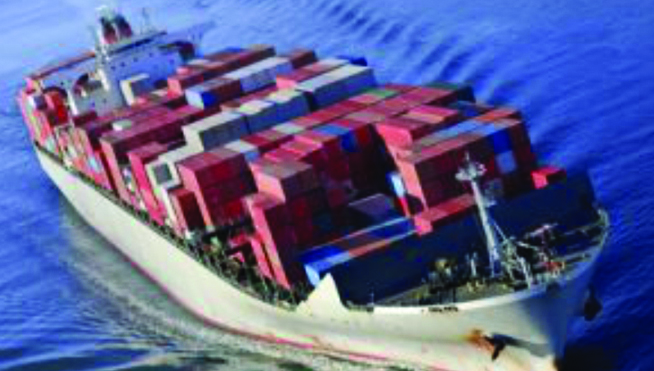Customs duty, cargo support to be used to boost local shipbuilding, repairs industry
The government plans to use a mix of duty restrictions on small vessel imports and the prevailing cargo support policy in a multi-pronged strategy to grow the local shipping, ship building and repairs industry.
The Customs duty paid on the import of vessels will be fully refunded if the vessel is replaced by a new ‘Made in India’ vessel in four years, according to the Maritime India Vision 2030 document prepared by the Shipping Ministry.
State-owned firms will provide long-term charters of over seven years for vessels made in India from 2021 and provide long-term cargo visibility (6-9months) for all vessels.
Foreign-built and foreign flagged vessels will be suitably disincentivised to provide a level-playing field to Indiabuilt and Indian-flagged ships, it said. Ship repair work valued below Rs. 200 crore will be carried out at local shipyards only under the Atmanirbhar Bharat provisions.
The right of first refusal (ROFR) rules framed in 2016 would be strictly followed in the case of shipbuilding and ship repair works of over Rs. 200 crore. Entities functioning under the Shipping Ministry will ensure that all vessels owned and operated by them are repaired at Indian shipyards only.
GST for ship repair and its inputs will be at 5 per cent while the free trade warehousing zone (FTWZ) requirements for minimumsizeandinvestment outlay would be waived off for ship repair-specific free trade ‘depots/units’.
Vessels availing cargo ROFR through PSUs and government entities shall be mandatorily repaired in Indian shipyards. Besides, vessels (including foreign vessels) taken on long term time-charter contracts by PSUs and government entities, should undertake planned repairs only in Indian shipyards.
These measures are expected to help local yards built 5,00,000 gross tonnage (GT) ships by 2030 from the current 27,000 GT ships.
In the case of shipping, the priority for availing the ROFR granted to Indian flagged ships for carrying government-owned or controlled cargo will be amended to boost the capacity of Indian registered ships and make them more competitive. Accordingly, Indian-built, Indianflagged and Indian-owned ships will get first priority, followed by foreign-built, Indianflagged and owned vessels and Indian-built, foreign-flagged and owned ships.

